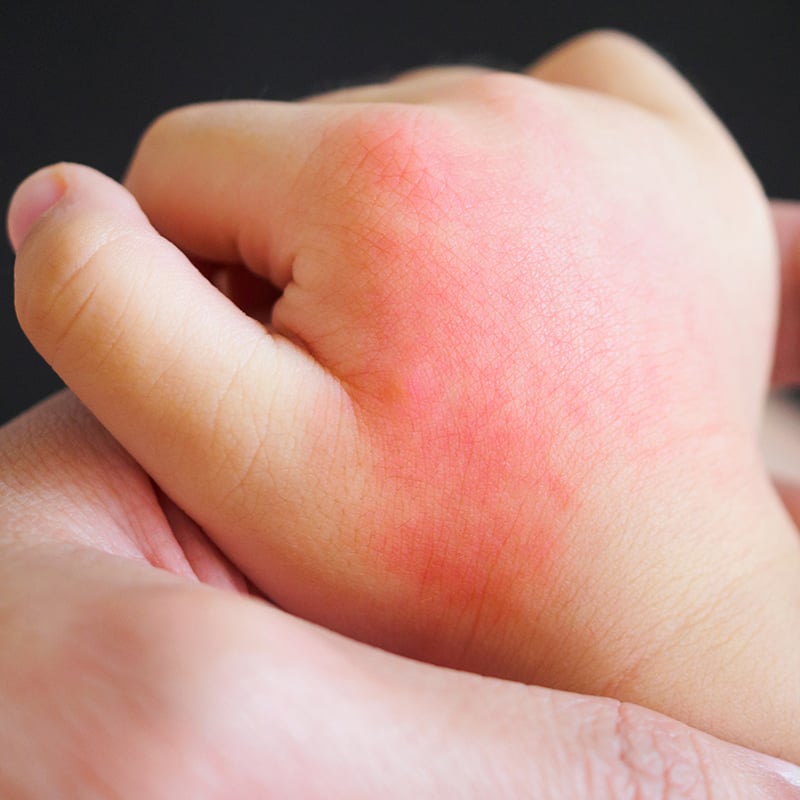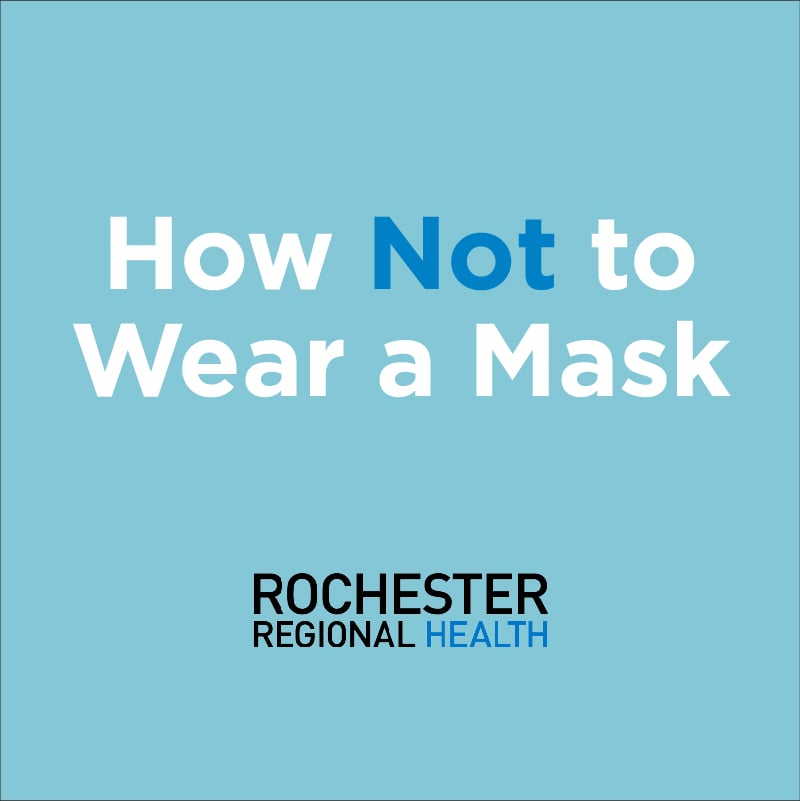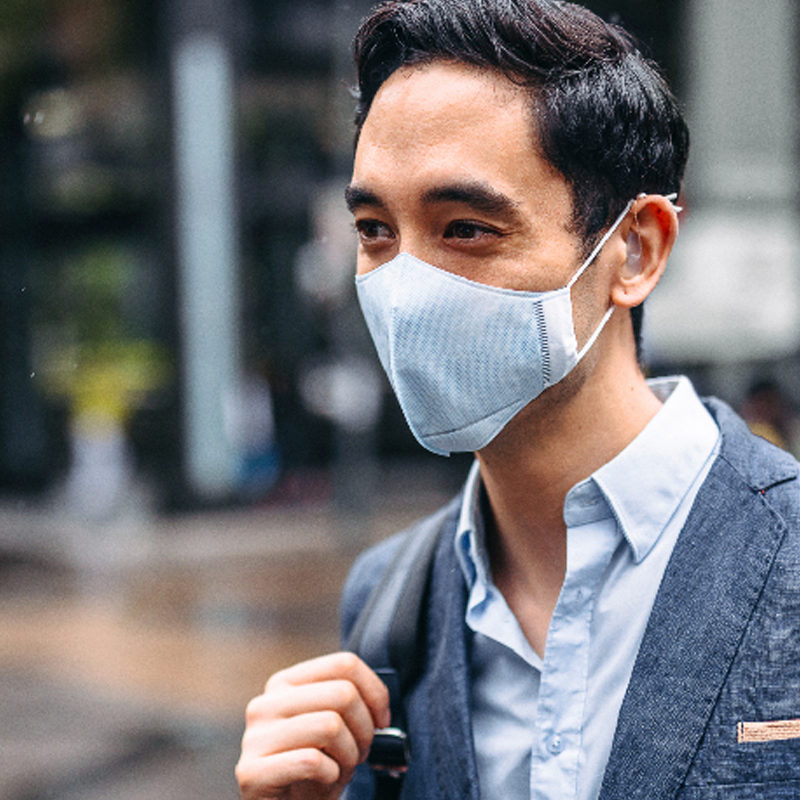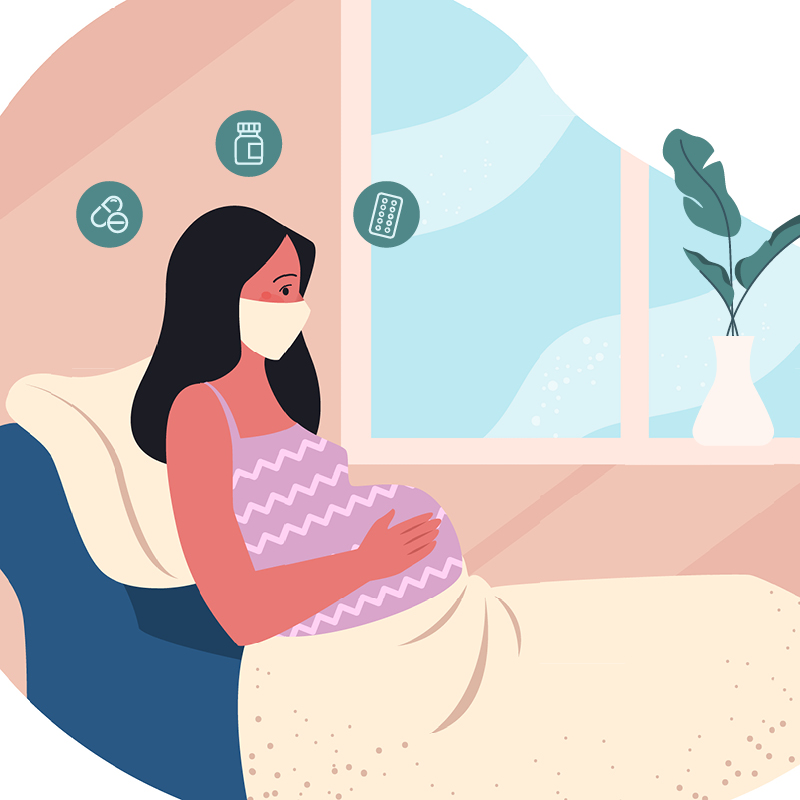Flu is a powerful virus that takes a toll on your mental and physical well-being. And when flu hits, it hits hard.
“Early flu symptoms include fever, cough, sore throat, and body aches and pains,” said Dr. Abdullah Firoze, a primary care physician at Rochester Regional Health in Irondequoit. “I’ve had a patient come in and say they felt like they've been hit by a train.”
While not everyone will experience the same symptoms, Dr. Firoze said identifying early flu symptoms can set you on the path to a more comfortable recovery, and help prevent transmission to others.
Common flu symptoms
Here are some common early flu symptoms to help you recognize if you have the flu, with insight from Dr. Firoze.
1. Fatigue
You may experience mental and physical fatigue before coughing and sore throat present themselves. During the first signs of flu, your body tries to fight off the virus which causes sudden fatigue and exhaustion. These early flu symptoms can also feel like weakness and tiredness.
When flu hits, resting early and often can help your body rid itself of the virus more quickly,” Dr. Firoze said.
Read our comprehensive flu guide
2. Cough
When the flu virus has entered your body, it begins to irritate the nerve endings in your airways. Coughing is a reflexive response your body performs to protect your lungs from the virus during the first signs of flu.
“Over-the-counter medication can relieve those early flu symptoms like coughing, and remember to always cover your mouth with your arm or a tissue to reduce the risk of spreading the flu.”
3. Chills and body aches
You might not realize that chills and body aches are an indication that you’ve caught the flu. Maybe you’ve recently exercised and are expecting body soreness. Or you run cold and get the chills during cold spells. These are common occurrences, but it’s important to pay attention because coupled with other symptoms, body aches and chills are a strong indicator that you’ve attracted the flu virus.
So, why do you hurt? During the first signs of flu, your body releases chemicals as a response to help fight the virus, and aches and pains are your body’s response. Muscle cramps and pains can also be caused by dehydration.
Chills and cold spells can mean you have a fever or your body temperature is rising. The higher your body temperature, the colder you’ll feel.
Avoid heavy blankets when you have the chills as this can increase your body temperature, and talk to a doctor about the best medicines to help bring down your fever.
Need a Doctor? Search Near You
“Drinking lots of fluids, especially during those early signs of flu, is important to keep you hydrated. Your body fights the flu by sweating, so liquids often leave your body more quickly than entering it.”
Dr. Firoze also recommends water, hot tea, and broth as good choices, but warns that diabetics should be mindful of drinks that contain a high amount of sugar.
4. Sore throat
A sore throat isn’t just an early symptom of the flu. It could signal strep throat, common cold, or even tonsillitis. When your throat starts to feel raw and it hurts to swallow, it’s usually a sign that your body is responding to one of those viruses.
“While a sore throat can be associated with the flu, it can be caused by other virus or bacteria. If it doesn’t improve, you should see a primary care provider for further evaluation.”
I have the flu. Now what?
Your body is turning defense into attack as it tries to expel the virus from your system. While there is nothing you can do to cure the flu, Dr. Firoze said there is one thing everyone should do if they have the flu.
“Stay home and rest up until you feel 100% better. Young, healthy adults will likely recover within a week, but it’s imperative that you keep your distance from children, the elderly, and anyone with a health condition.”
Dr. Firoze also said getting your flu vaccination is the number one way to prevent catching the flu.









